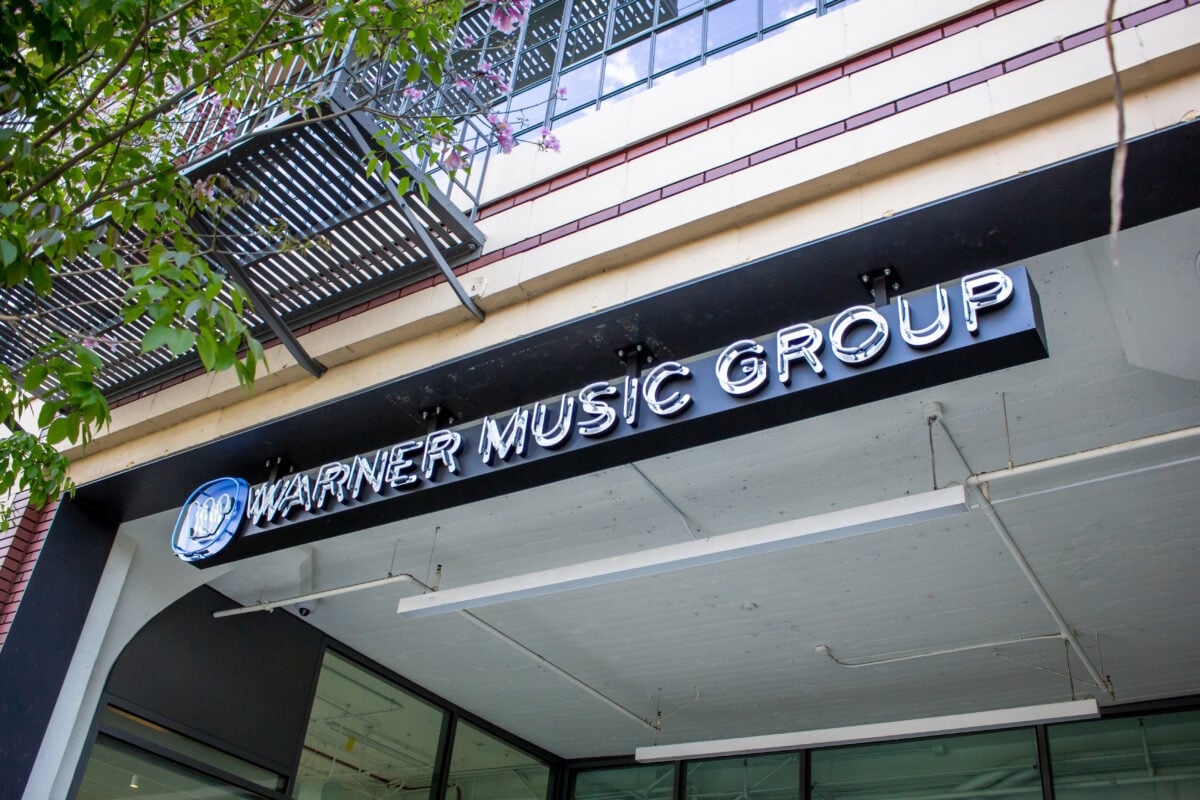TLDRs;
Contents
- British designer Oliver McCann, known as imoliver, signed with Hallwood Media after his AI-generated track hit 3 million streams.
- Sony, Universal, and Warner are suing AI music startups over alleged copyright violations in training data.
- Some musicians welcome AI as a creative partner, while others fear it weakens originality and artist rights.
- The AI debate mirrors past resistance to new tools like synthesizers and AutoTune, later embraced by the industry.
The music industry is experiencing a seismic shift as artificial intelligence reshapes how songs are created, distributed, and consumed.
While some independent artists are celebrating breakthrough success with AI-powered tools, major record labels are taking legal action against startups they believe threaten the rights of musicians and the future of creativity.
One of the most prominent new voices in this debate is Oliver McCann, a British designer-turned-musician who performs under the name imoliver. With no formal training in music, McCann began experimenting with AI generators and chatbots to craft tracks spanning multiple genres.
One of his AI-produced songs recently went viral, accumulating more than 3 million streams online. The success landed him a deal with Hallwood Media, an independent record label eager to embrace emerging technology. For McCann, the opportunity illustrates the democratization of music.
“I’ve always loved music, but I never had the resources or training to make it professionally,” he said in an interview. “AI opened the door for me to share my ideas with the world.”
Lawsuits Against AI Startups
While creators like McCann enjoy newfound opportunities, the world’s biggest music companies see a storm brewing.
Sony Music, Universal Music Group, and Warner Records have launched lawsuits against AI music startups such as Suno and Udio, accusing them of using copyrighted works without authorization to train their systems.
The lawsuits echo the industry’s fierce battles against Napster in the early 2000s, when file-sharing disrupted music distribution. However, the current disputes are far more complex. Instead of pirated copies, the controversy centers on whether AI-generated music counts as derivative work , and whether companies must compensate the artists whose recordings may have trained these models.
Split Views on Creativity and Rights
Opinions remain sharply divided within the industry. Some musicians see AI as a powerful tool that enhances creativity, providing inspiration or helping with tasks like generating melodies or lyrics.
Others warn that the technology risks diluting originality and could undermine artists’ ability to make a living.
The concerns are not purely artistic. Legal scholars warn of a “gray zone” where copyright law has yet to catch up with AI. As lawsuits pile up, many expect courts to shape new precedents on how intellectual property applies to machine learning and generated works.
A Pattern of Resistance and Adoption
Industry veterans note that the clash follows a familiar pattern. New technologies, from synthesizers and drum machines to AutoTune, were initially dismissed or criticized before becoming staples of music production. AI, many argue, will likely follow the same trajectory.
What makes this wave different is accessibility. Music production has evolved from million-dollar studios to laptop setups, and now to simple text prompts. As a result, creators without traditional skills can produce tracks that rival professional recordings. That shift is both exhilarating for new talent and threatening for traditional gatekeepers.


